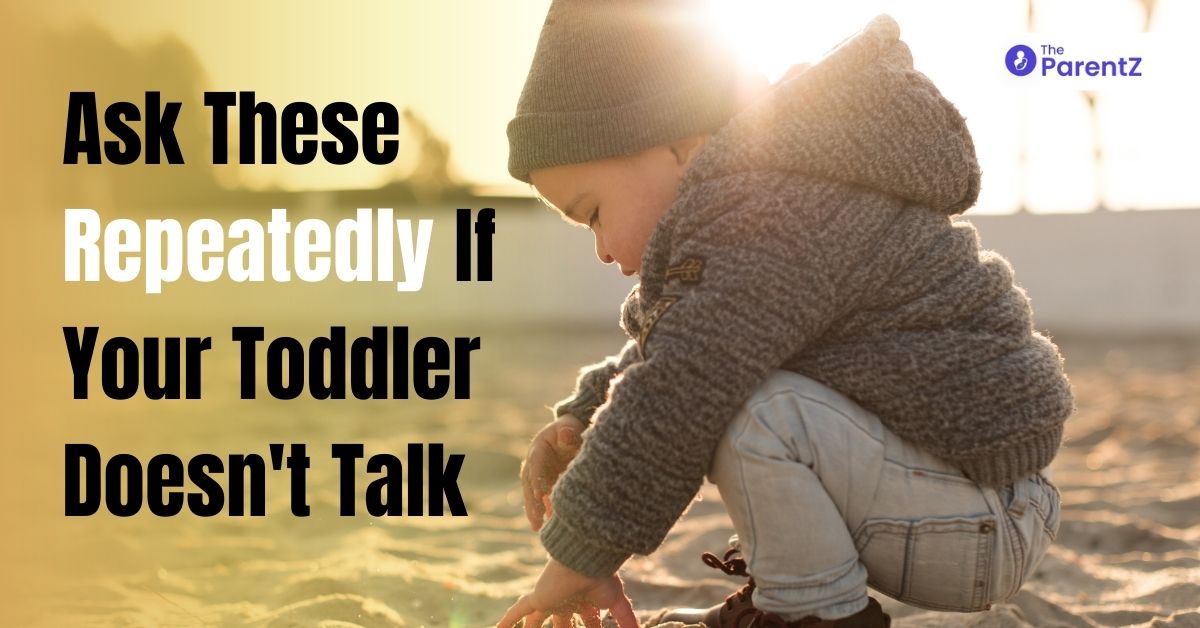Can’t wait for your little one to boost language skills and listen to her chatter away? Here is some sage advice to facilitate and boost language development. Make the soil of communication fertile; however, if your toddler does not cultivate proper language development, here are a few questions you must ask yourself.
10 Questions to Ask Continuously If Your Child is Not Talking
- Does your little munchkin respond to your statements?
Have you noticed your little one when you try to talk or narrate stories? Try and ask the toddler to fetch a ball and give it to you; this particular interaction is known as language expansion. You know he/she can hear properly when they respond without any hassle.
- Does your child have the poor ability to imitate words and clear sounds?
If your child is not able to execute and plan mouth movements or has difficulty while pronouncing vowel sounds, then there are chances that your child needs therapy to suspect the root cause of the communication difficulty.
- Does your child not follow gentle direction instructions?
If you have tried verbal instructions to guide your little one at home and still have not received any response for the same then probably its time to take your baby to the clinic.
- Does your baby try and use a non-verbal form of communication?
It takes time for some children to develop their verbal communication skills. However, it is important to notice whether the toddler is trying to use hand gestures to communicate.
- Has your child responded to piggyback words?
Speech pathologists believe that string words can help the child to recognize actions and objects if linked together. If your baby is still not doing that by two years of age, please see a doctor.
- Does your child seem curious when you bombard her with stimulus?
Have you seen your child’s face eloquent of interest, glowing with excitement when you point towards a cat or a bird? This aspect will help you understand if your little one follows your lead.
- Does your child get excited while you try to interact in a fun manner?
Try and make plenty of sounds to make the interaction engaging by playing rhymes and songs. Switch on a child interactive TV show and notice if your little one is trying to repeat the sound of vowels and consonants. Your child must be able to interact with human voices.
- Does your child copy the sounds when you change your pitch?
Try and test you, toddler, with both squeaky and soft sounds and notice the way he/she responds to the same.
- Have you tried giving feedback to the toddler?
Whenever you acknowledge your little one, try and notice if she responds in an excited manner.
- Have you tried organizing playdates for the toddlers in your area?
Generally, when toddlers interact with each other, the chances of developing speech is higher. Thus, organize a social setting for the little ones to interact and play. At times young ones do not showcase mature patterns when it comes to utterance length and soft vocabulary. Language comprehension skills can point towards auditory processing disorders or neurological speech disorders, which can even affect respiratory quality. Thus, it is crucial to take to visit a speech clinic in time to achieve the linguistic development milestone for your little one naturally.





Be the first one to comment on this story.